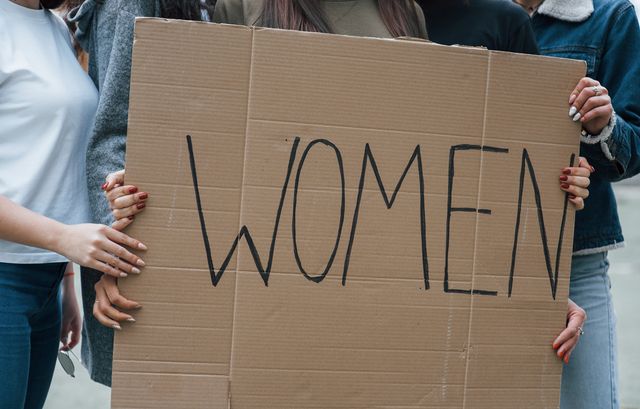Human rights groups express dismay as Saudi Arabia secures leadership of the commission on the status of women.
In a move that has ignited widespread controversy, Saudi Arabia has been elected to chair the United Nations Commission on the Status of Women (CSW), a body dedicated to promoting gender equality and women’s empowerment globally. The kingdom’s bid, which faced no opposition, has drawn sharp criticism from human rights organizations, which cite Saudi Arabia’s poor track record on women’s rights.
The election of Saudi Ambassador Abdulaziz Alwasil as the CSW chair took place by acclamation during the commission’s annual meeting in New York, amid a notable absence of dissent or alternative candidates. This leadership change, particularly striking as it precedes the 30th anniversary of the Beijing Declaration—a significant document for women’s rights advancement—has raised concerns about the potential impact on the commission’s mandate and integrity.
Embed from Getty ImagesSaudi Arabia’s ascension to chairmanship is seen by many as an attempt by the kingdom to enhance its international image, especially in light of recent efforts to reform its women’s rights policies. The Saudi government has pointed to the establishment of a “personal status” law in 2022 as evidence of progress. However, critics argue that the law reinforces male guardianship by requiring a woman to seek a male guardian’s permission for marriage and setting conditions that bind a wife’s obedience to her husband for financial support.
Amnesty International and Human Rights Watch (HRW) have been vocal in their criticism of Saudi Arabia’s chairmanship, highlighting the kingdom’s imprisonment of women’s rights advocates and its failure to eliminate male guardianship and ensure gender equality. The organizations call for immediate action from Saudi authorities to release detained women’s rights defenders and to commit to substantive reforms in line with the CSW’s objectives.
The election of Saudi Arabia as chair of the CSW raises significant questions about the United Nations’ commitment to women’s rights and the influence of member states’ diplomatic relations on the functioning of its bodies. Human rights groups are urging the international community, especially CSW member states with stronger records on women’s rights, to voice their opposition and advocate for accountability and genuine progress in women’s rights globally.
As the kingdom prepares to lead the commission, the world watches closely, hoping for positive change but wary of the challenges that lie ahead in reconciling Saudi Arabia’s domestic policies with the global mandate to advance women’s rights and gender equality.
